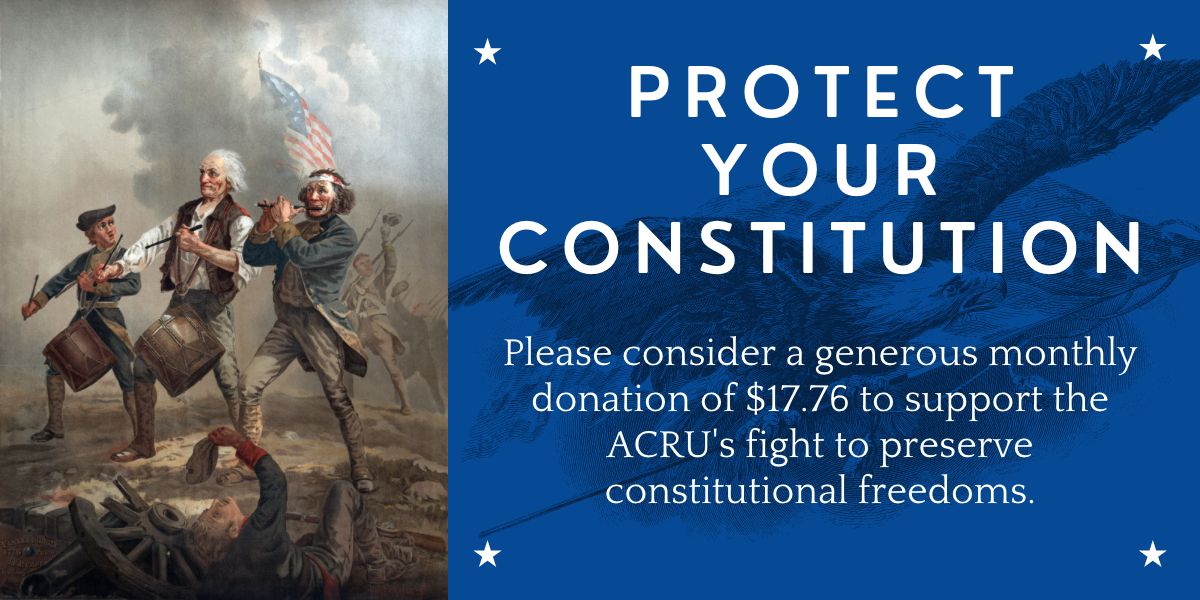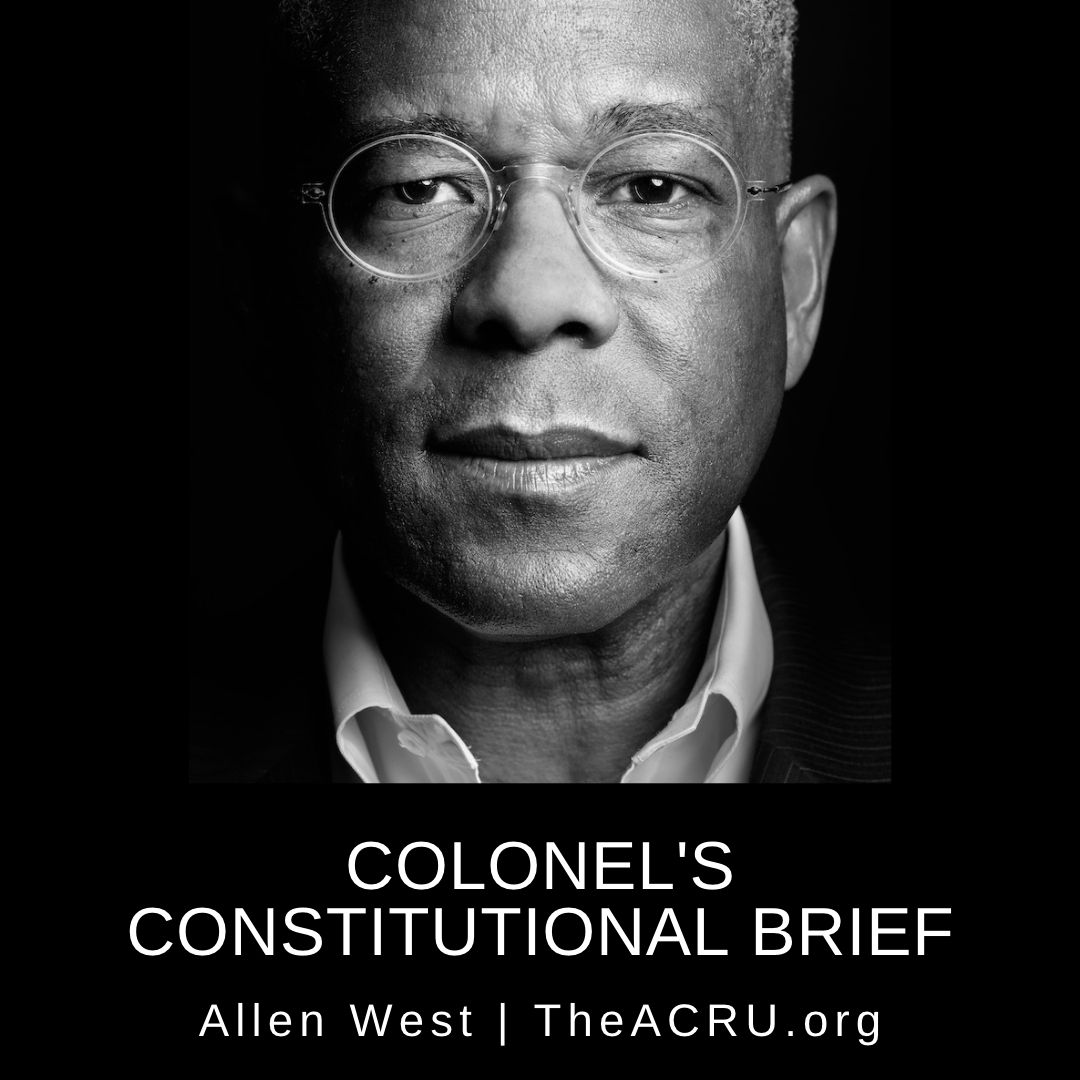Sanctuary City Funding Fight Likely Destined for Supreme Court
ACRU Staff
August 8, 2017
This column by ACRU General Counsel Ken Klukowski was published August 7, 2017 by Breitbart.
Lawsuits by Chicago and California against President Donald Trump’s sanctuary city executive order and Attorney General Jeff Sessions’ federal funding conditions are almost certain to end up at the Supreme Court within two years, raising profound constitutional questions about immigration, state sovereignty, and the rule of law.
President Trump signed Executive Order 13768 on January 25, 2017, including Section 2(c), which codifies the policy of the federal government to “ensure that jurisdictions that fail to comply with applicable Federal law do not receive Federal funds, except as mandated by law.”
Attorney General Sessions is faithfully carrying out the president’s order, announcing that the U.S. Department of Justice will deny federal law enforcement grants from the Byrne JAG program to cities that defy federal immigration law by harboring illegal aliens or refusing to honor federal detainer requests to hand over for deportation illegal aliens within the city’s jail system.
Chicago responded by filing a six-count lawsuit in federal court, represented by a massive team from global powerhouse law firm WilmerHale, spearheaded by some of the top lawyers from the Clinton and Obama administrations.
These top-tier Democratic lawyers argue a host of statutory and constitutional issues. These include arguing that no federal statute empowers the attorney general to withhold these funds, that the Constitution’s separation of powers permits only Congress to impose conditions on eligibility for federal money, and that withholding these funds would exceed Congress’ power under the Constitution’s Spending Clause, coercing state sovereignty in violation of the Tenth Amendment.
The 45-page civil complaint was filed in U.S. District Court for the Northern District of Illinois, which tends to be a more liberal district court. It will then go up to the U.S. Court of Appeals for the Seventh Circuit.
California has announced it will bring a lawsuit raising similar arguments, joined by over 300 cities and counties. After federal district court, that case will eventually go to the U.S. Court of Appeals for the Ninth Circuit.
These cases may create a “circuit split” of conflicting appellate decisions between the Seventh and Ninth Circuits, which, under these circumstances, would essentially guarantee that the Supreme Court would take the case. But even if the appeals courts all rule against the president and the attorney general, it is extremely unlikely that the High Court would refuse to grant the U.S. solicitor general’s subsequent petition to review the cases and establish a uniform rule of law on these issues.
These two cases will likely go up on appeal for decisions in 2018, possibly leading to a historic Supreme Court decision in 2019.
Additional, less prominent lawsuits have been filed elsewhere in the country against the executive order or the new Justice Department policy, and still more suits are possible.
The case already filed and docketed is City of Chicago v. Sessions, Case No. 1:17-cv-5720 in the U.S. District Court for the Northern District of Illinois.
JOIN ACRU's PATRIOT CLUB






